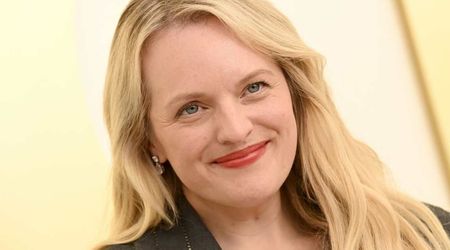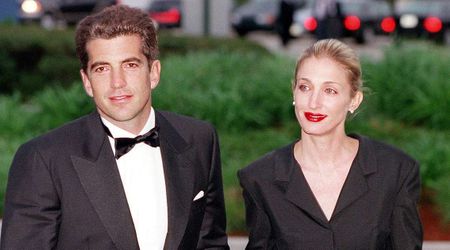Dr Pimple Popper vs YouTube: How Sandra Lee's videos fell foul of platform's rules

Warning: Graphic content, readers’ discretion advised
Despite having millions of subscribers, Dr. Pimple Popper's YouTube videos aren't generating a lot of advertising revenue. When the site declared her content was "too graphic" to generate money, the proprietor of a pimple-popping YouTube channel claimed she lost an income stream worth roughly six figures per month.
Sandra Lee, the doctor behind the pimple-popping business, began her career on YouTube in 2010, before landing her own program on TLC and growing her fan base on TikTok. Dr Sandra Lee, widely known as Dr Pimple Popper, told Business Insider that her YouTube channel, which has 7.5 million followers and almost 5 billion views, struggles to produce substantial advertising money. According to Influencer Marketing Hub's projections, a YouTuber's worth is dependent on their view count, which stated that for every 1,000 views Lee receives on her videos, she must earn between $3 and $5 — which means she would have earned between $6 and $10M from her total of 2B views. After earning about $100,000 per month from YouTube views between 2014 and 2016, the site informed that her work was "not profitable."
RELATED ARTICLES
'Dr Pimple Popper' Season 8: Can Dr Lee treat Robert's Eruptive Xanthomas given his heart condition?
'Dr Pimple Popper': A look at the most SHOCKING before and afters from the show
YouTubers like Lee make money via video advertising, subscriptions, and a part of the income from premium subscribers. When Lee's "popaholic" viewers began viewing her videos in their billions, this became a substantial money source for her. Lee could have generated between $15M and $25M from those views, according to the Influencer Marketing Hub. According to YouTube guidelines, anybody who posts "graphic or violent content" risks having their videos banned and, in severe situations, having their account terminated. This includes "footage or imagery showing bodily fluids, such as blood or vomit, with the intent to shock or disgust viewers," which could describe some of Lee's daily work helping clients.
YouTube explained to The New York Post that once a channel is monetized, it will be evaluated against its advertiser-friendly content criteria. Even if they do not match those requirements, they are still theoretically able to put advertisements on their videos, albeit in a restricted capacity. According to a spokesman for The New York Post, the said videos were never demonetized and are still eligible to carry advertisements. Some content is not appropriate for all advertisers, and they allow advertisers to opt-out of advertising on sensitive content, such as videos that some viewers may find graphic. Advertisements from sponsors that have opted into the said content will continue to run.
This is normally used to target dangerous content and discourage violence or trauma, although Lee's popping videos appear to fall into this category as well. A graphic obtained by Business Insider shows a sharp drop in revenue in 2016 when her team claimed YouTube told them the videos couldn't be monetized. However, Lee, who claimed she received strikes on her YouTube account for her posts, said her videos were always intended to be educational.
"I'm really proud of the fact that kids know what a lipoma is now or they know that you can't just squeeze a cyst – you have to remove the sack entirely to get it removed," she added. "We're teaching people about psoriasis or hidradenitis, but if you're not motivated to get that content out, how are people going to learn?"
Lee believes that by serving as a verified authority on dermatology, she is assisting in the fight against medical misinformation, and she is disappointed by YouTube's actions. "They suddenly altered the regulations," Lee explained, stressing that sponsors didn't want to be linked with a blackhead-popping channel.
"They [social media platforms] grow big because of all these new posters, but then they wait until they get big enough that they can sort of clamp down on it and make restrictions." Lee has subsequently established a members-only section where viewers may access exclusive pops, in addition to earning money from her clinic, a series on the cable channel TLC, and her skincare line. She did, however, mention that TikTok, where she has over 15 million followers, is also beginning to crack down on content like Lee's. Some of her TikTok videos now include a notice about the content.










